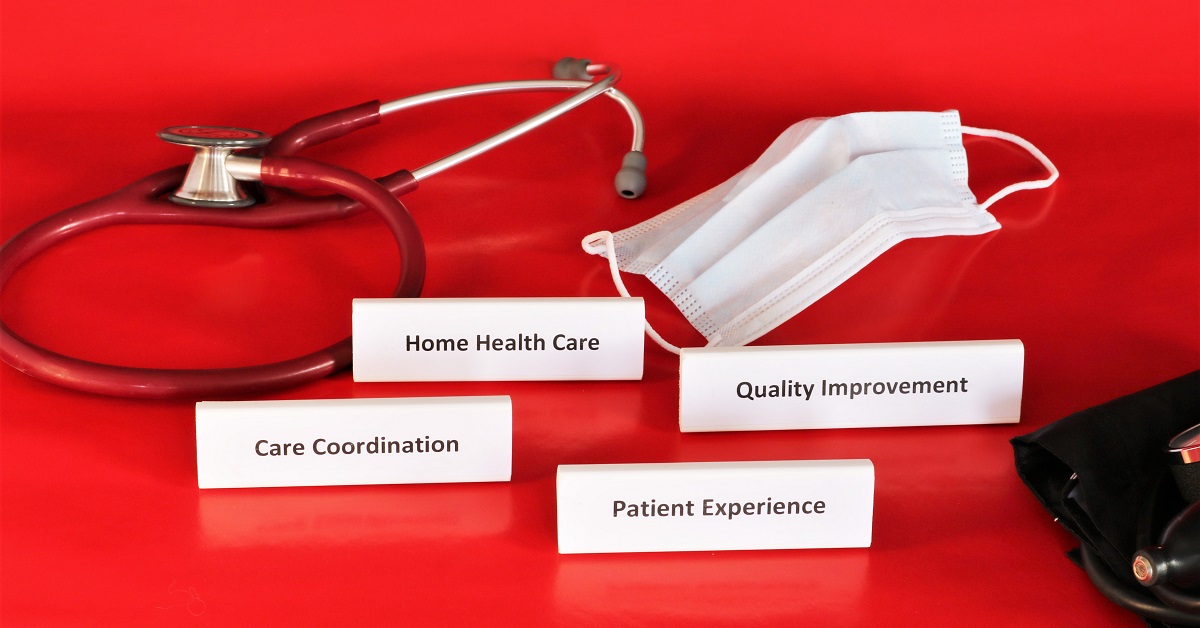Accountable Care Organizations, which take on risk for patient populations, are more likely than other healthcare organizations to use home visits to support complex patients, including during care transitions and times when a patient is out of contact.
Under ACO contracts, providers are responsible for the quality and total costs of care of a patient population. There is a higher use of home visits among ACOs suggesting that alternative payment models are driving changes in care delivery approaches.
ACOs reported that home visits help them gain a greater understanding of a patient’s home life, including any safety issues and barriers to health, while providing an opportunity to build relationships with patients and engage them in managing their health to reduce hospital and other care use. Challenges to the widescale adoption of home visits include their cost and the current lack of evidence-based best practices.
ACO: Motivations for Home Visits
ACOs reported three motivations for home visits.
- To see the patient’s home to identify unmet needs.
- To reconnect patients perceived to be nonresponsive with office-based care.
- To build relationships with patients.
ACOs that did not conduct home visits through a care management program were more likely to use home visits to locate a patient than as part of a care management program.
The study, published in Health Affairs, used 2017–2018 survey results as well as data obtained from interviews with 18 ACO leaders.
What the Study Found About Home Visit Decision Points
- ACO physician practices were more likely than non-ACO practices to conduct home visits for complex patients within 72 hours of hospital discharge (25.7% vs. 18.8%).
- ACOs using home visits tended to be larger (include a hospital or contract with more physicians) and more likely to be part of an integrated delivery system than ACOs that did not use home visits.
- More than 50% of ACOs that participated in risk-bearing payment arrangements, such as episode-based bundled payment, employed home visits. In comparison, only 30.2% of ACOs that did not have risk-bearing contracts used home visits.
- In addition to using home visits as part of a care management or care transitions program for complex patients, ACOs used home visits for patients who were non-compliant or non-responsive with office-based care.
- Post-discharge visits were common, but some ACOs also used home visits on an as-needed basis, such as when care teams sense something is not right with a patient or a patient cannot be reached by phone or other means.
- Care team members who conducted home visits included care management staff, nurses, social workers, health coaches, and pharmacists.
- Looking at only Medicare ACOs, the researchers saw no significant differences in quality scores or likelihood of achieving shared savings between ACOs that used care transition home visits and those that did not.
3 Key Discussions for Leaders
- Does your organization evaluate different types of ACOs to determine the partnership value you bring?
- As value-based contracting progresses, how do your organization’s services fit into those models of care delivery? For example, in this article, we learned that ACOs in risk-based contracting are responsible for quality and total cost of care. How can you break down your value to meet the ACO’s needs?
- How is your organization able to engage communications in real-time to keep the care management team informed about their patients?
The Remington Report team is a talented pool of researchers, analysts, and knowledge seekers providing excellence in home care content.
Other Articles You Might Enjoy
Improving Outcomes Between Home Care and Medicare Advantage Plans
Home care services have emerged as a critical strategy for improving health outcomes, reducing hospital readmissions, addressing both clinical and non-clinical needs, and improved patient satisfaction among Medicare Advantage beneficiaries.
Average 30-Day Readmission Rates by Medical Conditions
We provide critical readmission data about average readmission rates, condition-specific readmission rates, and hospitals with high and low readmission rates.
Hospital-at-Home Readmissions: Which Medical Conditions Created the Highest and Lowest Readmissions?
CMS’s report on the Acute Hospital Care at Home (AHCAH) initiative highlighted the highest and lowest readmission rates by medical conditions.





